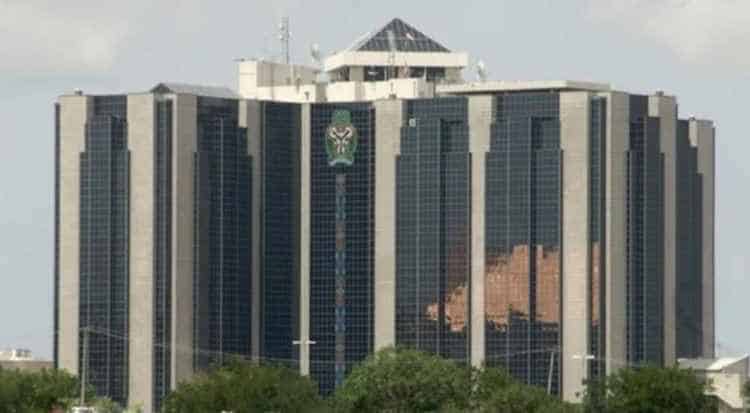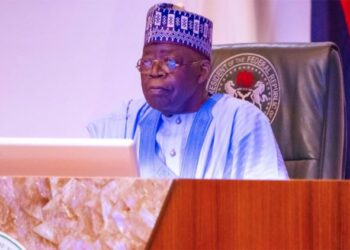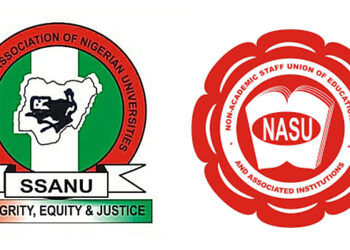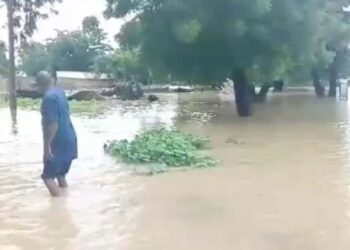The Central Bank of Nigeria (CBN) has explained the reasons behind scarcity of naira notes in the country.
This comes following a series of complaints by some bank customers on the scarcity of naira notes at the counters, Automated Teller Machines (ATMs), Points of Sale (PoS), and Bureaux de Change (BDCs).
In a statement issued by the Corporate Communications Department of the CBN, the apex bank said the seeming currency scarcity was occasioned by large volume withdrawals of cash from various CBN branches by Deposit Money Banks (DMBs).
It stated that panic withdrawals by bank customers were also partly responsible for the seeming scarcity.
The CBN said there is no shortage of naira notes, noting that there is an adequate supply of the currency in the economy.
“The attention of the CBN has been drawn to reports of alleged scarcity of cash at banks, ATMs, PoS and BDCs in some major cities across the country.
“Our findings reveal that the seeming cash scarcity in some locations is due largely to high volume withdrawals from the CBN branches by DMBs and panic withdrawals by customers from the ATMs.
“While we note the concerns of Nigerians on the availability of cash for financial transactions, we wish to assure the public that there is sufficient stock of currency notes for economic activities in the country.
“The branches of the CBN across the country are also working to ensure the seamless circulation of cash in their respective states of operation,” it said.
The CBN had introduced redesigned N200, N500 and N1,000 denominations in October 2022 and certain deadlines were set for the old notes of these denominations to cease as legal tender.
But last November, the apex bank informed the public of its desire to extend the legal tender status deadline of the old design of N200, N500 and N1,000 denominations, “ad infinitum”.
This newspaper had reported how naira scarcity is biting harder across the country as banks have limited cash withdrawals.
Residents of Lagos, Abuja, Kano, Katsina, Jigawa and Adamawa and in other parts of the country had expressed concerns over their inability to withdraw huge cash in their banks, raising fears of scarcity as experienced during the naira swap.
This has also affected business transactions in local markets, especially in the northern part of Nigeria where buyers and sellers prefer to deal in cash instead of bank transfers.
Cash scarcity had resurfaced in Borno and Kano states as the December 31 deadline for the use of the old N200, N500 and N1,000 banknotes draws nearer.
The report had forced the Central Bank of Nigeria (CBN) to explain that “The seeming cash scarcity in some locations is due largely to high volume withdrawals from the CBN branches by Deposit Money Banks (DMBs) and panic withdrawals by customers from the Automated Teller Machines, ATMs).”












